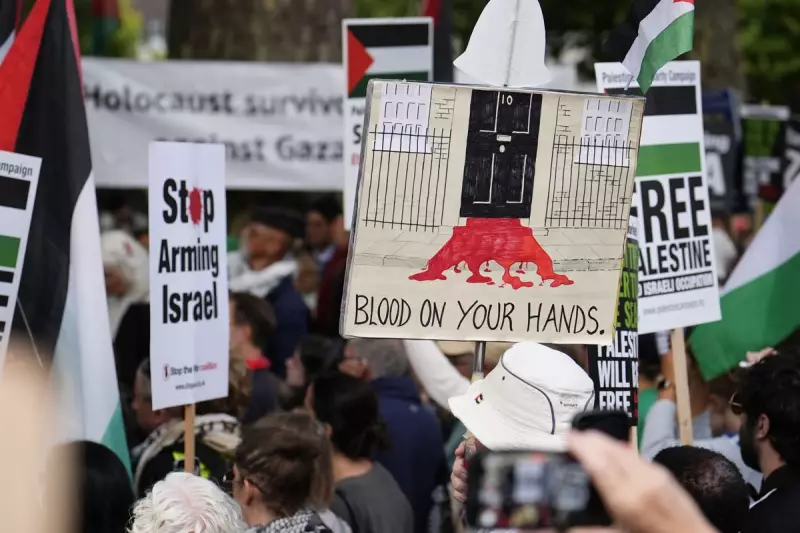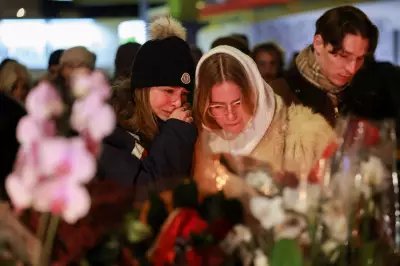
The Metropolitan Police finds itself under intense government scrutiny as Policing Minister Chris Philp has formally requested an urgent explanation regarding the force's handling of recent protests across London.
In a significant development that highlights growing tensions between the government and Britain's largest police force, Minister Philp has demanded a comprehensive account of operational decisions made during recent demonstrations that have drawn public concern and media attention.
Minister Seeks Clarity on Protest Policing Approach
The intervention comes amid ongoing debates about the balance between facilitating peaceful protest and maintaining public order in the capital. Sources close to the minister indicate he requires detailed justification for the Metropolitan Police's strategic choices during these events.
"The public rightly expect robust policing that maintains order and protects communities," a government insider commented. "The minister needs to understand the reasoning behind recent operational decisions to ensure public confidence remains intact."
London's Policing Under Microscope
This isn't the first time the Metropolitan Police has faced questions about its protest management strategies. The force, which polices one of the world's most high-profile cities, regularly navigates complex challenges involving freedom of expression, public safety, and political sensitivity.
The current situation raises important questions about:
- Operational independence versus political oversight
- Resource allocation during prolonged demonstrations
- Balancing competing rights and responsibilities
- Maintaining public trust in policing decisions
Broader Implications for UK Policing
The outcome of this exchange between the Home Office and Scotland Yard could have significant implications for policing approaches nationwide. Other forces will be watching closely as precedents are set for how protest situations should be managed in modern Britain.
Police representatives have acknowledged the minister's request and are preparing their response, though official statements remain cautious while internal reviews continue.
This development occurs against a backdrop of ongoing discussions about police funding, resources, and the evolving nature of protest in digital age Britain, making the Metropolitan Police's next moves particularly significant for the future of public order policing.





